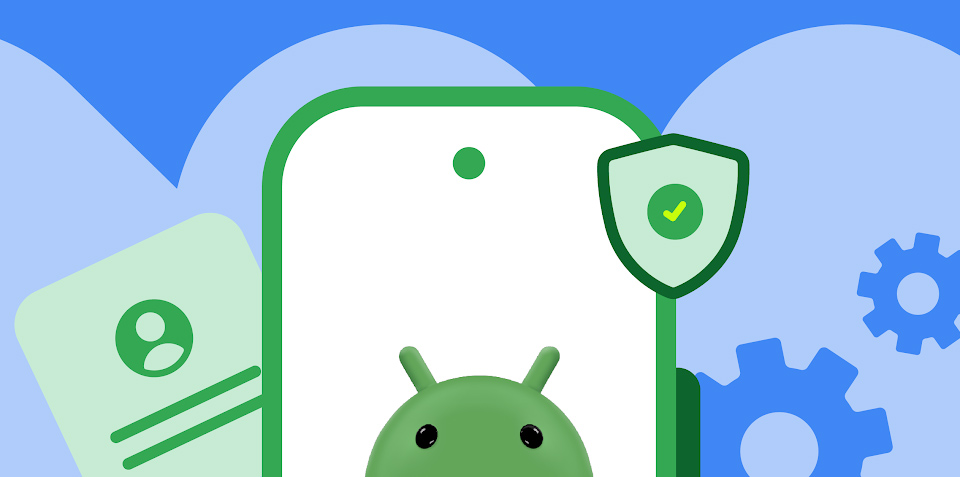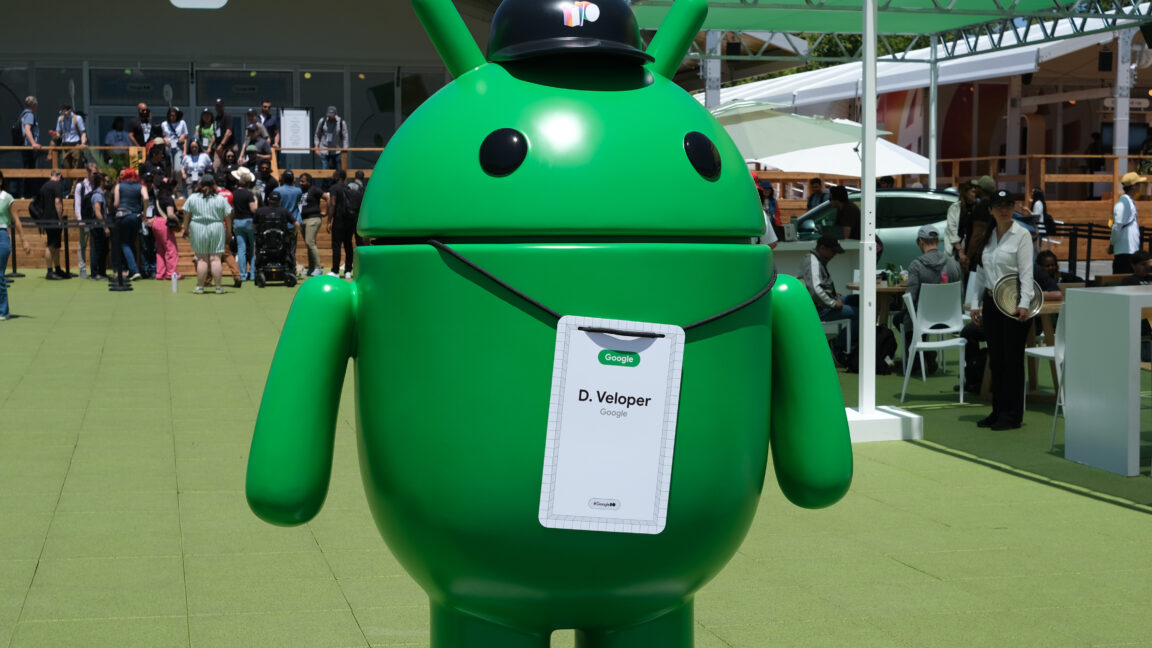An early look at the streamlined Android Developer Console for sideloaded apps.
Credit:
Google says that only apps with verified identities will be installable on certified Android devices, which is virtually every Android-based device—if it has Google services on it, it’s a certified device. If you have a non-Google build of Android on your phone, none of this applies. However, that’s a vanishingly small fraction of the Android ecosystem outside of China.
Google plans to begin testing this system with early access in October of this year. In March 2026, all developers will have access to the new console to get verified. In September 2026, Google plans to launch this feature in Brazil, Indonesia, Singapore, and Thailand. The next step is still hazy, but Google is targeting 2027 to expand the verification requirements globally.
A seismic shift
This plan comes at a major crossroads for Android. The ongoing Google Play antitrust case brought by Epic Games may finally force changes to Google Play in the coming months. Google lost its appeal of the verdict several weeks ago, and while it plans to appeal the case to the US Supreme Court, the company will have to begin altering its app distribution scheme, barring further legal maneuvering.

Among other things, the court has ordered that Google must distribute third-party app stores and allow Play Store content to be rehosted in other storefronts. Giving people more ways to get apps could increase choice, which is what Epic and other developers wanted. However, third-party sources won’t have the deep system integration of the Play Store, which means users will be sideloading these apps without Google’s layers of security.
It’s hard to say how much of a genuine security problem this is. On one hand, it makes sense Google would be concerned—most of the major malware threats to Android devices spread via third-party app repositories. However, enforcing an installation whitelist across almost all Android devices is heavy handed. This requires everyone making Android apps to satisfy Google’s requirements before virtually anyone will be able to install their apps, which could help Google retain control as the app market opens up. While the requirements may be minimal right now, there’s no guarantee they will stay that way.
The documentation currently available doesn’t explain what will happen if you try to install a non-verified app, nor how phones will check for verification status. Presumably, Google will implement this whitelist in Play Services as the implementation date approaches. We’ve reached out for details on that front and will report if we hear anything.

